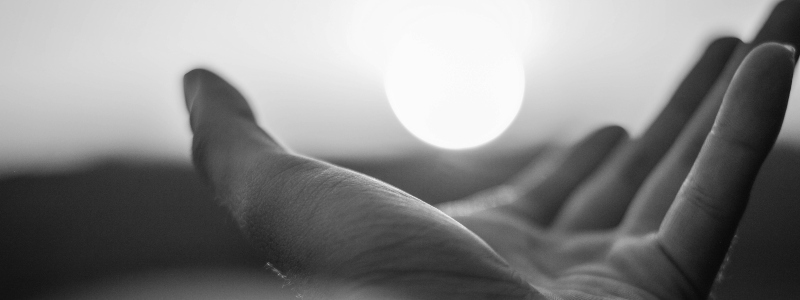Spirituality is an important part of our existence. It can provide meaning and purpose, give us a sense of well-being and peace, and provide a philosophical way of being that gives us an ethical code and a way of dealing with adversity. Additionally, it is an important part of personal development that enables us to be more authentic in the world, and to connect with a transcendental dimension that is greater than ourselves.
But can spirituality also be an escape from reality? At times, our spiritual practice and our spiritual philosophy can become a way to avoid reality, and this is called ‘Spiritual Bypassing’.
The term spiritual bypassing describes when we use our spiritual beliefs or practices to avoid or escape from dealing with difficult emotions or personal problems. This could be when we use spirituality as a way to rationalise or justify an avoidance of emotional pain, as well as using spiritual practices as a means of avoiding responsibility or accountability for our actions.
For example, we might use affirmations to deny our feelings of sadness or anger by saying such phrases as “I am happy and content” when we really don’t feel it. While this does have a use in terms of positive psychology, it can also deny and suppress our feelings. As another example, we might believe that everything happens for a reason, and because of this belief not take any action to rectify a problem or take responsibility for our part in a situation. At times, these sorts of ideas can hinder our progress on the spiritual path and also become problematic for our emotional development.
In terms of spiritual practice, this also can become a way of avoiding our emotions and the reality of life. For example, if we are able to get into blissful meditative states, then we might try to spend as much time as possible in such states and deny other experiences. This could then lead to a withdrawal from the world as we attempt to be fully occupied with meditative bliss. While mediation and other practices can lead to a more permanent feeling of bliss and contentment, resolving our underlying emotional issues needs to come first.
While spiritual bypassing can take many forms depending on the person and their practice, below is a list of the more common manifestations.
Denying emotions: This involves using spiritual beliefs to suppress or deny difficult emotions, rather than fully experiencing and processing them.
Overemphasising positivity: This is where we focus exclusively on positive thoughts and feelings, and dismissing or denying negative emotions or experiences.
Avoiding conflict: This involves using spirituality to avoid or minimise conflict, rather than addressing it directly.
Disregard for the physical world: This involves using spirituality to detach from or minimise the importance of the physical world and material concerns.
All of the above, (and this list is not exhaustive) are examples where the underlying thinking is rooted in spiritual philosophy, but that philosophy is taken out of context in order to serve the individual. As such, it can end up being harmful both for the individual and others around them.
It can be quite easy to fall into spiritual bypassing as most spiritual philosophies are beautifully simple and can lead us to thinking that it is an easy task to evolve spiritually as well as emotionally.
However, such development takes a lot of time, practice and self reflection. Working honestly with a good spiritual friend can help us to understand how we are applying spirituality to our lives, and if this is in a healthy manner. But at times we need to take this a step further and work with a therapist to help us resolve our underlying emotional patterns so we can truly bring our spiritual life into reality.
Dr Simon Cassar is an integrative existential therapist, trained in Person-Centred Therapy, Psychodynamic Therapy, Cognitive Behavioural Therapy (CBT), Dialectical Behavioural Therapy (DBT), and Existential Psychotherapy. He is available in our Hove and Lewes clinics and also works online.
Further reading by Dr Simon Cassar
Spirituality and mental health







